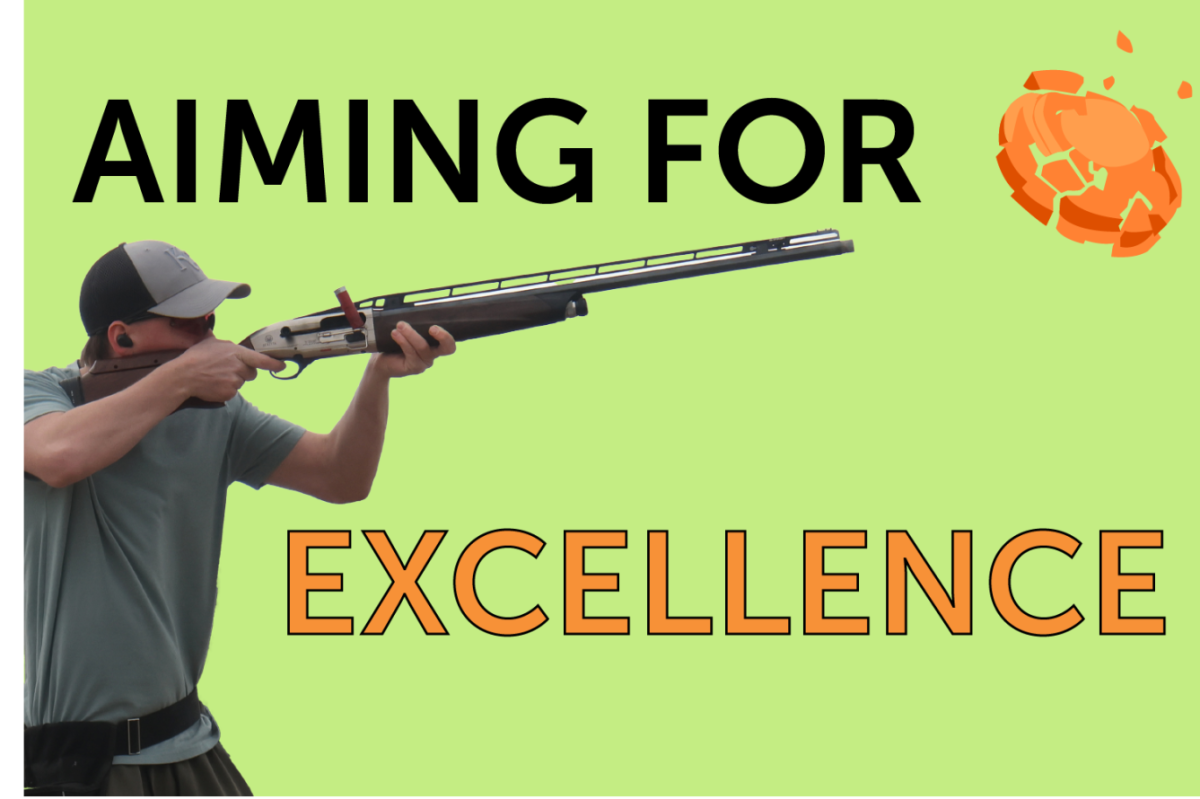School won’t teach everything
Students should not rely on high school curriculum to teach them important life skills
November 16, 2015
As graduation quickly approaches, I’ve noticed the same grumbling I’ve heard since freshman year: “High school doesn’t prepare us for the real world.” High school is nothing like the real world and there is no way any curriculum can teach us everything we will need to know post-graduation.
After recently getting my first job, it struck me that I probably needed to get a bank account. Following a fair amount of arguing between my mom and me, I reluctantly went to the bank by myself. At first, I was intimidated by the thought of walking into a bank alone. I’d never been taught how to create and manage a bank account.
I was greeted by friendly receptionists and eventually, a teller. I asked dozens of clarifying questions, but the process to set up an account was still simpler than I had imagined. It was mildly embarrassing, but after a short amount of time, I had my own bank account.
In the days following my trip to the bank, the previous battle with my mom began to feel childish. After all, I am 17 years old. Though it’s not part of a curriculum, in high school, I’ve learned critical thinking and interpersonal skills that I can apply to every aspect of my life in the real world. These skills are vital to being successful from casual interactions to professional environments.
As teenagers, we aren’t children, but we’re nothing close to adults. Instead lazily complaining about how high school isn’t preparing you for the real world, so be proactive. Don’t know how to start your own bank account? Google it. Or, if you’re daring enough, go to the bank by yourself and ask questions when you’re unsure.
Asking questions doesn’t make you a stupid person, but instead demonstrates that deeper level analytical thinking is taking place. According to the American Educational Research Association, question generating is an important comprehension-fostering and self-regulatory cognitive strategy. If you ask clarifying questions, you will not only gain a better understanding of what you’re being told, but also be a better critical thinker the next time you don’t understand something.
When the time comes that we all leave Mill Valley and are forced to live in the real world, we need to be confident in the life skills we have acquired. As for the things we haven’t, graduation day will come, and just like the majority of people in the world, we’ll figure out to apply ourselves in the real world and learn to manage bank accounts as we go.














